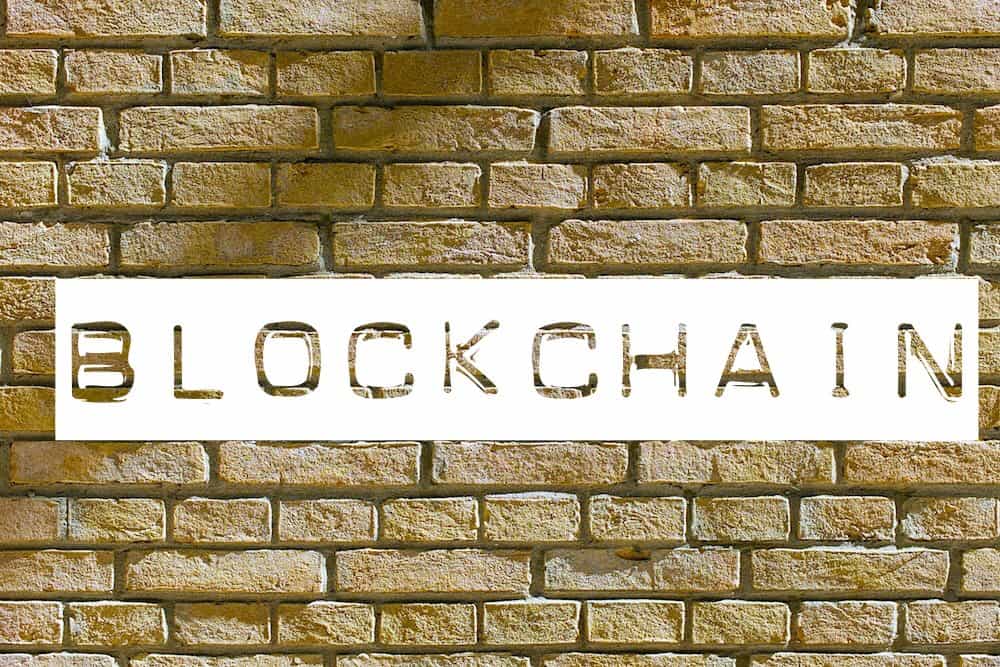How Crypto is Evolving Luxury Real Estate in the US

What if buying a property wasn’t a complex and time-consuming process? Dealing in real estate usually involves dealing with a middleman, swimming through paperwork and paying high fees and commissions.
Even with the latest advances in technology, many jurisdictions still require buyers and sellers of real estate to appear in person to execute their documents. Most often, this is because notaries are required to watch people physically sign documents, and although some notaries can practically do this task, not all have the same ability.
Now, with the help of cryptocurrency (especially NFTs and smart contracts), the trajectory of real estate transactions is rapidly changing. We are talking about taking out the middleman and easily acquiring and transferring ownership. Sales can even be made through sites similar to eBay, but with a new level of added security.
In this write-up, we will specifically focus on crypto’s effect on the market for luxury real estate. But first, let’s start with the basics – how NFTs and smart contracts work.
What is an NFT?
NFTs, short for non-fungible tokens, are cryptographic tokens that can come in the form of many things (eg music, drawings, videos). Each NFT is 100% unique and cannot be replicated or replaced. Many times, NFTs represent digital ownership of something, such as a piece of digital art. In other cases, they may be representative of a physical object, such as property and membership.
NFTs use blockchain technology to maintain their verifiability and proof of ownership. Theoretically, the actual digital file on which an NFT resides can actually be copied, but that does not mean that someone has taken ownership. The culprit will need access to the smart contract which is also linked to the NFT. Also, they need to be able to change the smart contract registered on the blockchain, which is practically impossible to do.
What is a smart contract?
Smart contracts are self-executing pieces of code built to facilitate a transaction. The transaction is resolved automatically after predefined conditions are met. The contracts are coded into the blockchain and are maintained by regulators after they are registered.
They are binding contracts that do not require the intervention of a central authority or legal system. Because of this, they are much more cost-effective. After all, lawyers, real estate agents and appraisers are never cheap.
How do they transform the two luxury properties?
As previously mentioned, the above two elements are changing the luxury real estate industry by cutting out middlemen, but another way is to innovate the use of memberships. If you’ve ever owned a timeshare or had a country club membership, you probably know that ownership isn’t easily transferred. In addition, your package usually includes an annual renewal process and membership fee.
Now, with promising memberships like the Aspen Lakes Membership by RHUE Resorts, assets can be owned in perpetuity without the need for annual renewal. Said assets can even be transferred through family members and friends if desired. Conversely, memberships can be sold in secondary markets such as OpenSea, an NFT marketplace similar to eBay.
Through the NFT membership model, purchasers of Aspen Lakes memberships can enjoy:
- Little or no application process or fees
- No annual recurring fee
- Transferability with ease (no intermediary required)
- Existing facilities, such as world-class 18-hole golf course, pro-shop, restaurant, wedding and event centre.
Most NFTs are restricted to only be purchased with cryptocurrency, which may alienate certain investors. RHUE Resorts combats this by allowing the purchase of memberships through cryptocurrency or debit/credit cards. This allows them to appeal to the traditional market while engaging crypto enthusiasts.
By DAO
Another example is the crypto project City DAO. The idea here is that a person can buy a piece of land in Wyoming and sell management rights to interested parties. Those who wish to be part of the government structure must obtain a certificate of citizenship via NFT. It is important to note that the citizens are not the owners of the land. They just make decisions about it, which include changes in policy and regulations.
Of course, in this type of “government” structure, there are only so many memberships that can be purchased.
FlyFish Club
The FlyFish Club (FFC) brings an interesting spin to the food industry. The private dining club hosts the world’s very first NFT restaurant that requires an NFT membership for dining access. This restaurant will be over 10,000 square feet and have an “iconic location” in New York City. In addition, FFC NFT buyers can enjoy “various culinary, cultural and social experiences,” according to the FlyFish Club website. The project makes several big promises, but it is still in the initial phase.
Great deals and optimistic ideas
While NFTs and blockchain are opening doors in several industries, it’s still hard to tell which ventures are going to “stick.” Projects like City DAO have interesting ideas, but have yet to produce anything concrete. On the other hand, companies like RHUE Resorts are established and thriving, providing instant real-life luxury.
Blockchain looks set to revolutionize a number of industries with the many efficiencies and advantages it has over traditional alternatives. Real estate has shown itself to be ripe for improvement and appears to be the perfect candidate to enter the world of cryptocurrencies and NFTs.
























